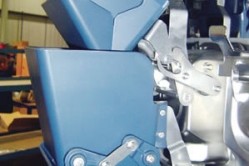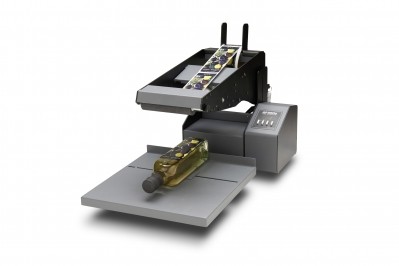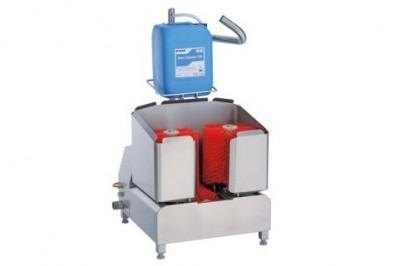DuPont pioneers food-contact polymers for processing

Bill Hassink, global regulated industries leader for DuPont Performace Polymers, told FoodProductionDaily.com that the company’s efforts surrounding the specialized materials focus primarily on product safety and consumer protection.
“DuPont was one of the first to introduce a specific food-contact compliant (FG) portfolio of polymers,” he said. “Our food contact compliant materials not only use raw materials which comply with the relevant guidelines, but they are also produced in our facilities under good manufacturing practice (GMP) conditions where special controls are in place for products expected to be in contact with food.”
Creative partnership
The company reportedly collaborates with partners in food processing, healthcare and other manufacturing-related industries to create solutions that are safe, effective and innovative. In its food-related business, DuPont Performance Polymers has commercialized grades that provide targeted performance and regulatory compliance to support clients in development of innovative and cost-effective food-contact products.
DuPont’s expanded family of FG polymers, which comply with relevant EU and FDA food contact standards for use, are suitable for closures, dispensing valves, meat casings, food-processing equipment components, valves, stock shapes for machined components, food service trays, and utensils.
The polymers make it possible for equipment manufacturers to replace some metal components with FG polymers. By doing this, the company reports, it offers the chance to increase sustainability, reduce the overall weight, lower cost, and (thanks to improved corrosion resistance) lengthen equipment life and reduce maintenance.
Metal content
Among the DuPont products that has seen increased use: Delri FG400MTD acetal resin is made with a metal filler, so it can be detected by most metal-sensing equipment used in the food processing industry. The food-contact-compliant resin reportedly has low wear and friction, making it suitable for a broad range of applications.
According to Hassink, the Delrin acetal line appeals to food processing customers, thanks to the material’s contribution to increasing productivity, cutting maintenance and reducing energy requirements for conveyor drives and other components.
“Parts made from low-friction and low-wear Delrin grades move more smoothly against each other and against metals, in some cases eliminating the need for messy lubricants,” he said. “Tetrapak Sweden has chosen Delrin components for use in their high-volume production lines.”
Hassink added that because of the metal filler in FG400MTD, it can be detected via x-ray inspection equipment. This helps avoid costly recalls from contaminants detected in food containers after the products have left the plant.
The FG400MTD is being used in cutter and knife handles from France-based Mure and Peyrot, a maker of industrial blades and safety knives. The manufacturer reports the material offers uniform filler dispersion and repeatability in applications for the dairy and confectionery industries.
DuPont Performance Polymers is continuing to work with partners in the food and beverage processing industry to develop new materials. Hassink reported that partners in the bottling industry, looking to increase line speeds, are seeking Delrin grades to meet such performance needs.









